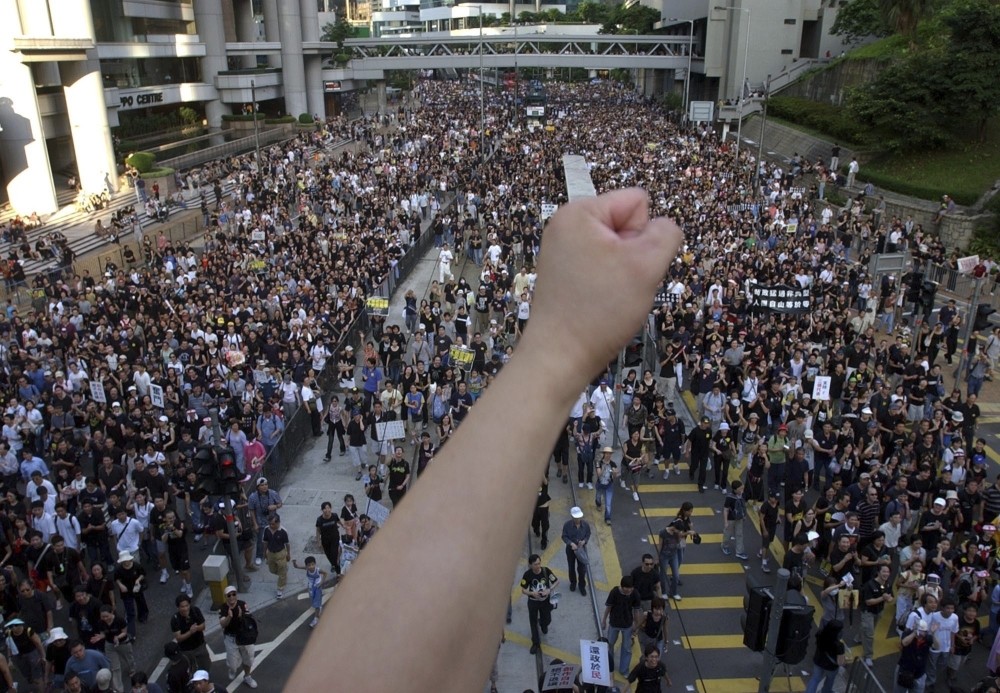28/02/2024
28/02/2024

HONG KONG, Feb 28, (AP) - As Hong Kong moves toward enacting a new national security law, four years after Beijing imposed a similar law that all but wiped out dissent and vocal pro-democracy media in the semi-autonomous Chinese city, concerns are spreading among the city's international business and media communities.
Critics say the legislation will make Hong Kong’s legal system increasingly similar to that of mainland China, but the government argues it will affect only a "small minority” of disloyal residents.
Businesses and journalists fear that broad provisions on state secrets could criminalize their day to day work.
The Basic Law, the city's mini-constitution, requires it to pass a home-grown national security law. But previous efforts to pass such a law were defeated by a massive protest that saw them as efforts to erode the civil liberties Beijing promised to keep intact in the former British colony for 50 years after it returned to Chinese rule in 1997.
However, following a year of massive pro-democracy protest that rocked the city in 2019, China's rulers took harsh measures to impose control.
Under Beijing's 2020 National Security Law, many of the city’s leading activists were arrested and others fled abroad. Several vocal media outlets were shuttered. Large protests have been absent in the city in the post-pandemic era.
That law targeted politically active Hongkongers, but businesses and journalists are worried that the local law could bring more mainland-style surveillance and censorship to Hong Kong.
The city's many companies are concerned about how the new law could affect handling economic data or exclusive research, said George Chen, Hong Kong-based managing director for American policy consulting firm The Asia Group.
A public consultation document proposed criminal prosecution for unlawfully disclosing state secrets, echoing the broad definition of secrets used in mainland China, which covers economic, social and technological developments among other areas.
Last year, Chinese authorities raided the offices of consulting firm Capvision and corporate due diligence firm Mintz Group in mainland China as part of an ongoing crackdown on foreign businesses that handle sensitive economic data. An employee of a Japanese drug maker was also detained on spying charges.


